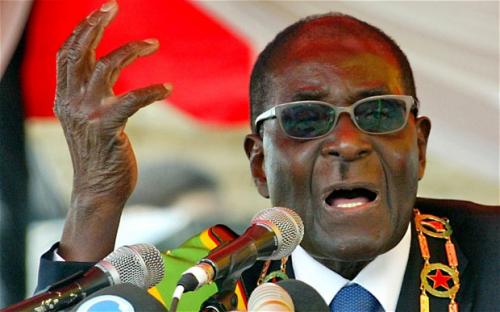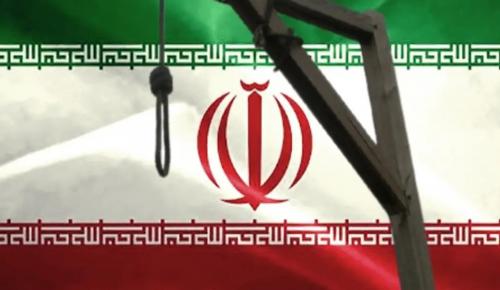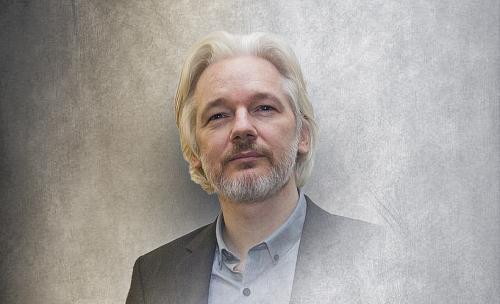international treaties on human rights and the death penalty:International Covenant on Civil and Political Rights
Convention on the Rights of the Child
Statute of the International Criminal Court (which excludes the death penalty) (only signed)
situation:Since July 2015, Zimbabwe can be considered
de facto abolitionist country, after ten consecutive years without carrying out executions.
Since independence from Britain in 1980, according to official figures, 79 people were executed in Zimbabwe. The last person to be executed was Mandlenkosi “Never” Masina Mandha, who was hanged on 22 July 2005 after being convicted of murder.
Zimbabwe’s new Constitution, which was approved by 94.5% of voters in a constitutional referendum held in March 2013, abolished the death sentence for women and those under the age of 21 and above 70 years. “Every person has the right to life,” is written in Section 48 the new Charter. However, “A law may permit the death penalty to be imposed only on a person convicted of murder committed in aggravating circumstances,” it adds. “The law must permit the court a discretion whether or not to impose the penalty,” the Constitution states.
On 21 October 2014, the High Court ruled that the death penalty cannot be imposed on murderers in Zimbabwe until the legislature enacts a law spelling out the circumstances under which one can be hanged.
Since December 10, 2014 Emmerson Mnangagwa is acting as Vice President and Justice, Legal and Parliamentary Affairs Minister. He reiterated he wants the death penalty “totally” abolished by the Constitution.
On February 22, 2016 addressing delegates attending the 9th International Meeting of the Ministers of Justice, VP Mnangagwa said he was positive that Zimbabwe would soon abolish capital punishment. President Mnangagwa survived the gallows during the colonial rule in the 1960s for sabotage on grounds that he was below 21 years. "The legislative history of Zimbabwe in so far as the death penalty is concerned demonstrates that the country is making significant strides towards the elimination of capital punishment," said VP Mnangagwa. "Surely, we will not hesitate to expunge capital punishment from our laws," he said. VP Mnangagwa said the Ministry of Justice, Legal and Parliamentary Affairs had launched campaigns to educate people about the new Constitution and emphasis was on the abolition of the death penalty. He said Zimbabwe was very aware of, and committed to its obligations under the various international human rights instruments she has ratified and acceded to, adding that steps have been taken to ensure the national law was in conformity with international human rights norms. "The country also accepted the recommendations to consider ratifying the Second Optional Protocol to the International Covenant on Civil and Political Rights and to take measures to abolish the death penalty," said Mnangagwa referring to the UPR of the UN Human Rights Council in October 2011. VP Mnangagwa said the objective of the criminal justice system was now increasingly being viewed from a rehabilitative point of view than from an incarceration and retributive perspective. "Having survived the death penalty myself, I know the tribulations faced by those on death row," he said. "The moment a sentence is pronounced that you are going to die by hanging, the whole world collapses on you. The death penalty is, in fact, a flagrant violation of the right to life and dignity."
In October 2016, President Robert Mugabe commuted the sentences of 10 death row inmates to life imprisonment, Vice President Emmerson Mnangagwa said on 2 November, during Zimbabwe's presentation of its human rights national report under the Universal Periodic Review of the UN Human Rights Council in Geneva. Mnangagwa, who is in charge of the Ministry of Justice, Legal and Parliamentary Affairs, was responding to several calls from various countries who implored Zimbabwe to completely abolish the death penalty. But VP Mnangagwa said the majority of Zimbabweans who participated during the Constitution-making process said they wanted it retained. He said Government was, however, undertaking nationwide public awareness campaigns to conscientise Zimbabweans on the effects of the death penalty. “We then decided that I, as Vice President responsible for the administration of justice, should put a paper on the question of the abolition of the death penalty, which we have to debate,” said VP Mnangagwa.
In 2015, at least 6 new death sentence were imposed in Zimbabwe.
On 15 July 2015, Shylet Sibanda, the only female inmate who was on death row was removed after her sentence was commuted to life imprisonment in compliance with the new constitution. Sibanda, her husband Tongai Zireni Mutengerere and a family friend Darlington Nyaungwe, were all sentenced to death by hanging for murdering Daniel Sithole in 2010 and stealing the deceased’s vehicle. Another woman on death row, Rosemary Margaret Khumalo, had died of natural causes at Chikurubi Prison on 15 July 2014.
After the the October 2016 commutations, 80 prisoners remained on death rows.
Harare Central Prison is the only prison designed for death row inmates but some of the prisoners sentenced to death were now being kept at Chikurubi Maximum Prison because of shortage of space, a situation that has left a number of the condemned prisoners subjected to psychological torture as a result of the delays in carrying out the executions. Fourteen inmates in Harare are challenging the constitutionality of their continued incarceration and are seeking an order by the Constitutional Court to have their cases remitted for resentencing so that their sentences can be commuted to life sentences.
On 1 November 2017,
Zimbabwe’s President Robert Mugabe said he is in favor of resuming executions after more than a decade in response to rising murder rates. Over 90 prisoners are on death row, according to official figures.
The hangman’s job has been vacant in
Zimbabwe for over a decade, but justice ministry permanent secretary Virgina Mabhiza has said recent months have seen a “flood” of applications in the economically struggling nation. She said more than 50 people had applied.
United Nations
On 2 November 2016, Zimbabwe was reviewed under the Universal Periodic Review (UPR) of the UN Human Rights Council. The country’s delegation accepted recommendations to abolish the death penalty and consider ratifying the Second Optional Protocol to the ICCPR as well the CAT and to “take measures” to abolish the death penalty.
On 19 December 2016, Zimbabwe, for the first time, abstained on the Resolution on a Moratorium on the Use of the Death Penalty at the UN General Assembly. It previously voted against.










